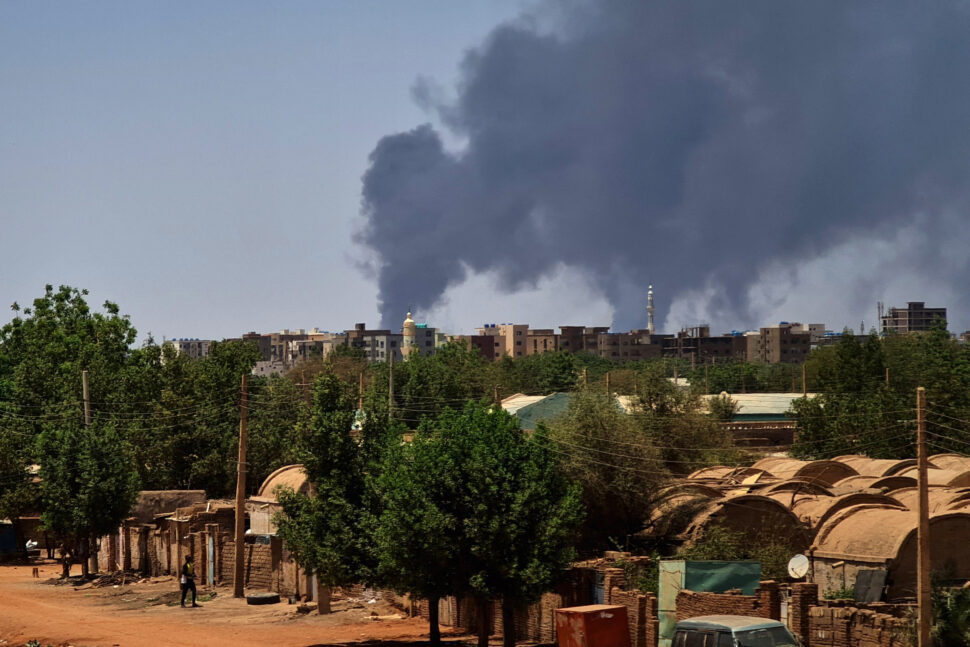American doctor Bushra Ibnauf Sulieman was stabbed to death in Sudan on Tuesday, April 25. The dual national gastroenterologist was murdered in his front yard by a group of strangers in front of his family, according to the Associated Press. Sudanese doctors are saying Sulieman was “killed for nothing.”
According to the AP, Sulieman is one of two Americans killed in Sudan following violent infractions. The country has experienced political unrest since April 15 when the Sudanese army and paramilitary force came to blows. Many fear the conflict is the beginning of a potential civil war in the Northeast African country and the UN said the country has reached “a breaking point.”
“The scale and speed of what is unfolding in Sudan is unprecedented,” the UN’s humanitarian chief Martin Griffiths said in a statement.
Despite both sides reaching a 72-hour cease-fire truce on April 30, fighting has continued to ensue across the country. The non-stop violence has resulted in a death toll of 413, according to the World Health Organization. So far, over 3,551 civilians have been reported injured leading to the overcrowding and closure of many Sudanese hospitals. Combined with a lack of basic medical supplies to treat victims, the climate in Sudan is dire and bleak.

A Dire Situation For Sudan’s Medical Infrastructure
Sudanese medical professional, Hisham Omar, told the AP he believes Sulieman’s murder will lead to the death of more Sudanese; reflecting on the impact he will no longer have on the country’s medical field.
“You know who you killed?” he wrote on Facebook. “You killed thousands of patients. You killed thousands of needy people. You killed thousands of his students.”
When the fighting erupted between rivals in Sudan, Sulieman sprung into action to help injured locals. Back in the U.S., Sulieman served at Gastroenterology Clinic and Mercy Hospital in Iowa City where his wife and children live, according to hospital president Thomas Clancy.
In Sudan, he wore a plethora of hats including director of the University of Khartoum medical faculty and founder and director of the Sudanese American Medical Association. Sulieman traveled to Sudan often to deliver medical supplies to professionals in the countryside.
Muhammed Eisa, a Sudanese doctor in Pittsburgh and colleague of Sulieman, told the AP he would often question his friend on why he continued to return to Sudan.
“He always says to me, ’Mohamed, listen — yes, I love living in the United States … but the United States health care system is very strong,” he said, noting Sulieman understood the impact his presence would have on a country with limited medical resources and opportunity.
Eisa told NPR Sulieman was hesitant about evacuating Sudan because his father was on dialysis. However, as the violence continued, Eisa said he changed his mind and decided he would leave the capital.
“Eventually I convinced him to leave Khartoum for a safe place. He was getting ready but then he was attacked,” Eisa said.
When leaving to take his father to a dialysis appointment, members of the Sudanese American Physicians Association (SAPA) told NPR they believe Sulieman was stabbed to death following a robbery attempt.
“It was a sad day for Sudan given his impact on the medical profession,” Eisa said. “His death was a turning point. It’s not Bushra that died, a nation died.”





